Babita
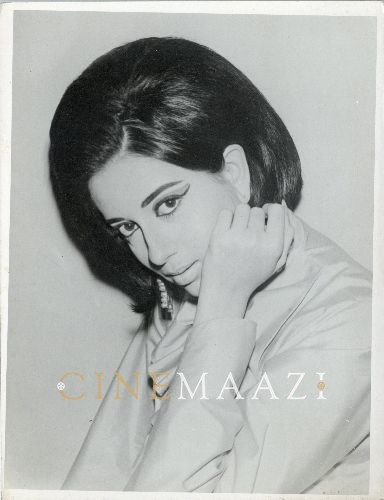
Subscribe to read full article
This section is for paid subscribers only. Our subscription is only $37/- for one full year.
You get unlimited access to all paid section and features on the website with this subscription.
Not ready for a full subscription?
You can access this article for $2 , and have it saved to your account for one year.
- Real Name: Babita Hari Shivdasani
- Born: 20 April, 1947 (Karachi)
- Primary Cinema: Hindi
- Parents: Hari Shivdasani , Barbara
- Spouse: Randhir Kapoor
- Children: Karisma Kapoor , Kareena Kapoor Khan
Babita was active in Hindi films in the 1960s and early 1970s. Daughter of actor Hari Shivdasani, she made her debut with Dus Lakh (1966), which was a success, consequently winning even more attention for Raaz (1967). Acting in approximately 19 films in the course of her career, including hits such as Farz (1967), Haseena Maan Jayegi (1968), Kismat (1968), Ek Shriman Ek Shrimati (1969), Doli (1969), Kal Aaj Aur Kal (1971) and Banphool (1971), she left the industry post marriage to actor Randhir Kapoor, son of the famous actor-filmmaker Raj Kapoor.
She was born Babita Hari Shivdasani on 20 April, 1947, to a British-born mother Barbara and an actor father, Hari Shivdasani, who belonged to a prominent Bombay-based Sindhi family. Encouraged by the success of her cousin, actress Sadhana, who was a huge success in Hindi movies, Babita decided to enter the film industry as a leading actress. She was apparently first offered Ramesh Sippy’s Andaaz (1971). However, her father decided against accepting it as she would play a widow’s character which he did not deem suitable for her debut. Babita debuted with the successful drama Dus Lakh (1966). A comedy film produced and directed by Devendra Goel, the film revolved around how the fortunes of a family change after they inherit ten lakh rupees after becoming the sole beneficiary of a rich uncle. It was followed the same year by Babita’s next release, the romantic thriller Raaz (1967), in which she starred opposite Rajesh Khanna. This G P Sippy production directed by Ravindra Dave brought Babita recognition.
In the period from 1966 to 1973, Babita starred in 19 films as lead heroine. Her filmography includes Farz (1967) opposite Jeetendra which was regarded as the most successful film of her career, Kismat (1968) Haseena Maan Jayegi (1968), Aulad (1968), Tumse Achha Kaun Hai (1969), Ek Shrimaan Ek Shrimati (1969), the Rajesh Khanna-starrer Doli (1969), Anmol Moti (1969), Anjaana (1969), Kab? Kyoon? Aur Kahan? (1970) with Dharmendra, Pehchan (1970) with Manoj Kumar, Kal Aaj Aur Kal (1971), Bikhare Moti (1971), Jeetendra-starrer Banphool (1971), Jeet (1972) which paired her opposite Randhir Kapoor, Ek Hasina Do Diwane (1972) opposite Jeetendra, and Sone Ke Hath (1973).
She was regarded as a fashion inspiration for young girls, who faithfully copied her style of tight churidar-kurtas, hoop earrings, and go-go eye-glasses.
Babita had starred opposite Randhir Kapoor, in his debut film, Kal Aaj Aur Kal—the couple would go on to marry the same year in 1971. The film was produced by Raj Kapoor and also directed by Randhir Kapoor. It featured three generations of the famous Kapoor family including Prithviraj Kapoor, Raj Kapoor, and Randhir Kapoor in his acting debut. Incidentally, Babita also acted alongside Randhir’s paternal uncles, Shashi Kapoor in Haseena Maan Jayegi (1968) and Shammi Kapoor in Tumsa Accha Kaun Hai (1969).
Post-marriage, Babita acted in Jeet (1972) and Ek Hasina Do Diwane (1972), followed by Sone Ke Hath (1973). The film failed to attract success at the box office, following which Babita decided to quit films altogether. Babita and Randhir separated in 1988 but remained married. She and Randhir had two children, Karisma and Kareena, who went on to carve successful careers for themselves in films.
-
Filmography (20)
SortRole
-
Sone Ke Haath 1973
-

Jeet 1972
-
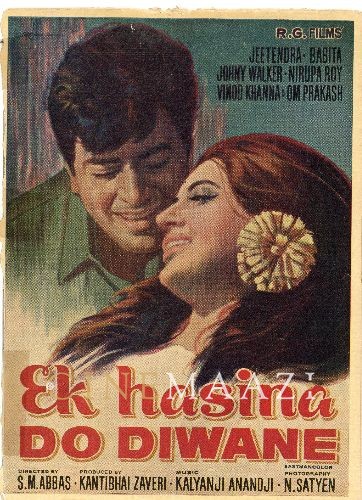
Ek Hasina Do Diwane 1972
-
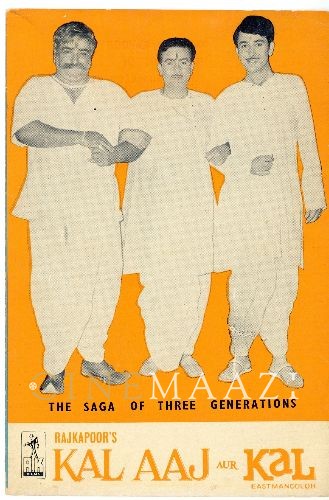
Kal Aaj Aur Kal 1971
-
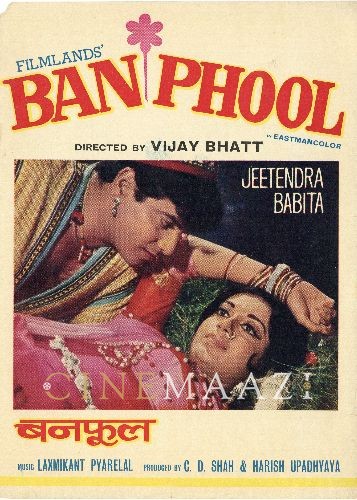
Ban Phool 1971
-
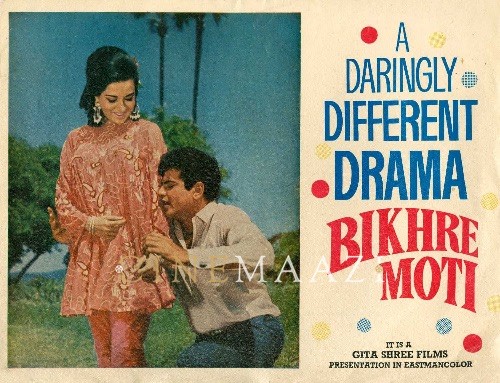
Bikhare Moti 1971
-

Pehchan 1970
-

Tumse Achha Kaun Hai 1969
-

Anjaana 1969
-
Anmol Moti 1969
-






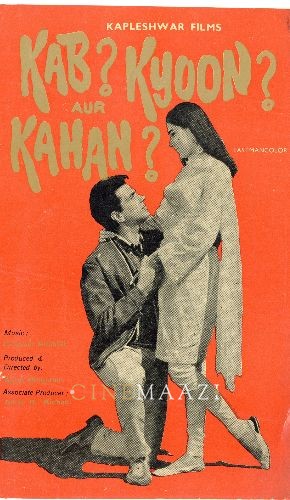




.jpg)



